Clicca qui per la versione Inglese dell’articolo
Sono sempre di piu’ i Fratelli che si sentono seriamente insoddisfatti dello stato della Massoneria in Inghilterra.
Al centro delle loro preoccupazioni c’e’ il sincero lamento che la Massoneria in Inghilterra e’ in effetti degenerata in a una societa’ di svago e ristorazione, che si riunisce con la scusa di iniziare un altro candidato in una societa’ il cui apparente scopo e’ quello di portare avanti le iniziazioni, giustificando allo stesso tempo la propria esistenza attraverso le attivita’ caritatevoli. La gerarchia della Massoneria in Inghilterra mantiene la disciplina attraverso l’assidua fabbricazione di onoreficienze, sacrificando per ignoranza l’antica Arte ed i suoi valori spirituali, in deferenza verso una politica di trasparenza.
La Loggia e' diventata una macchina per la iniziazione di nuovi candidati. (…) Ma quantunque socialmente valido tutto quanto detto possa ,sotto certi aspetti, dimostrare d’essere … non e’Massoneria !
Il compito della Massoneria e’ quello di trasformare l’uomo attraverso un un viaggio psicologico e spirituale ed una interpretazione esoterica della nostra ricca simbologia, cosi’ come si trasforma una pietra rozza in una pietra perfettamente levigata.
Aime’, i Massoni Inglesi che desiderano seguire tali studi,continuano a venirne a lungo privati.
Parole dure, e’ vero, ma che furono fatte intorno all’ anno 2012 e che tuttavia ancor’oggi riflettono la situazione in buona parte della Massoneria.
Quanto segue, sono i doveri che devono venire osservati da chiunque voglia divenire un Fratello Massone. Essi riguardano il comportamento nella societa’, nella famiglia e nella Loggia. Gli aspetti spirituali dell’Arte sono altresi’ menzionati.
Doveri personali del Massone
Il fratello Massone deve saper usare le proprie virtu', evitando qualsiasi forma di intemperanza e di eccessi che gli impedirebbero l'adempimento dei lodevoli doveri dell'Arte. Egli deve essere diligente nella sua professione e fedele al Maestro che serve. Nelle ore di ozio egli si dedica allo studio delle arti e delle scienze affinche' sia meglio preparato ai suoi doveri verso Dio, la Patria, il prossimo e se stesso. Egli deve, per quanto e' possibile, acquistare uno spirito di pazienza, mansuetudine, sacrificio ed abnegazione per saper dominare se stesso e guidare la propria famiglia con affetto, dignita' e prudenza. Egli deve saper reprimere ogni disposizione nociva ai suoi simili cercando di promuovere fra essi quell'amore e quella cooperazione che sentono i membri di una stessa famiglia. Egli deve possedere una buona reputazione, deve imparare ad obbedire a coloro che gli sono al di sopra per quanto possano sembrargli inferiori per rango e condizioni sociali; poiche' pur non avendo la Massoneria privato nessuno dei suoi titoli e dei suoi onori, nelle logge, l'eccellenza delle virtu' e la conoscenza dell'Arte diventano una vera sorgente di nobilta', di comando, di governo.
Doveri civili del Massone
Il Massone e'cittadino pacifico; egli non deve mai prendere parte a complotti e cospirazioni contro la pace e il benessere della Patria, ne' deve agire indoverosamente verso le Autorita'. Egli deve coltivare la concordia e vivere in armonia ed amore fraterno.
Doveri sociali del Massone
I Massoni debbono essere uomini morali: buoni mariti, buoni figli e buoni vicini. Debbono evitare qualsiasi eccesso che possa recare danno a loro stessi ed alle loro famiglie; debbono saggiamente condurre gli affari che concernono le loro famiglie e le loro Logge, per i motivi che essi ben conoscono.
Doveri fraterni del Massone
I Liberi Muratori hanno sempre avuto l'obbligo di rifuggire dal calunniare un vero e leale fratello, dal nutrire sentimenti ingiusti e maligni, dal criticare un fratello od i suoi atti. Non devono mai permettere che si divulghino ingiusti biasimi e calunnie contro un fratello assente, ne' permettere che l'occupazione o i beni, nonche' il carattere di costui siano danneggiati, ma essi dovranno difenderlo, renderlo edotto di quasiasi pericolo o danno lo minacci ed aiutarlo a sfuggirgli, per quanto lo permetteranno l'onore, la prudenza e la salvezza della religione, della moralita' e dello Stato; ma non debbono andare oltre.
Aspetto spirituale della Massoneria
La Massoneria e' un centro d'unione atta a conseguire una sincera amicizia fra gli uomini che, al di fuori di essa, sarebbero restati costantemente separati gli uni dagli altri. Essa rappresenta la sintesi di tutte quelle verita' indicate e perseguite dagli illuminati di tutti i tempi. Sono stati i sapienti di tutte le epoche che ad essa hanno portato il contributo del loro sapere(...). Infatti, la Massoneria mentre dichiara di conoscere, quale base dei propri lavori, un principio superiore ed ideale, lo designa con la denominazione di Grande Architetto dell'Universo e non raccomanda ne' combatte alcuna convinzione religiosa ne' pone limiti di sorta con affermazioni dogmatiche e lascia la piu' completa liberta' nelle investigazioni del Vero. Il mezzo per procedere a queste investigazioni e' lo stesso che ha permesso ai Saggi delle varie epoche di raggiungere risultati grandiosi: la ragione.
Le Virtu' massoniche
Citando le parole di Goblet d'Alviella: "Le virtu' massoniche consistono nella solidarieta', nella tolleranza,nell'uguaglianza".
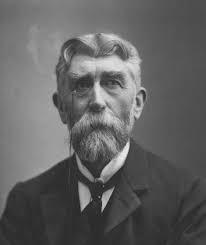 La solidarieta' massonica comprende: soccorsi ai fratelli infelici e pratica generale della filantropia; contribuzione in Logge all'istruzione e all'accettazione dei Fratelli (scambio delle conoscenze acquisite, conferenze, discussioni civili ed artistiche). Concorso individuale prestato nel mondo profano nei limiti della giustizia e senza pregiudizio dell'indipendenza di ciascuno nell'apprezzamento dei suoi doveri e degli interessi propri. La tolleranza e' accettare ed incoraggiare anche l'espressione di opinioni che non si condividono affatto; procacciare cio' che unisce a preferenza di cio' che divide. Rispettare la liberta' di ogni membro in materia filosofica, politica e religiosa, non criticare affatto gli atti della sua vita privata, fin tanto che questi atti non intacchino l'onore. L'uguaglianza prescrive di dimenticare in Loggia le distinzioni profane e proibisce di prendere partito, in Loggia, fra le opinioni dei suoi membri. (...)La Massoneria si sforza percio' di emancipare gli spiriti e di eliminare ogni distinzione di credenza, di razza, di nazionalita', fortuna, discendenza e posizione sociale. Il raggiungimento della perfezione massonica e' conseguito solo dopo una integrale trasformazione spirituale che comporta l'abbandono della personalita' individuale.
La solidarieta' massonica comprende: soccorsi ai fratelli infelici e pratica generale della filantropia; contribuzione in Logge all'istruzione e all'accettazione dei Fratelli (scambio delle conoscenze acquisite, conferenze, discussioni civili ed artistiche). Concorso individuale prestato nel mondo profano nei limiti della giustizia e senza pregiudizio dell'indipendenza di ciascuno nell'apprezzamento dei suoi doveri e degli interessi propri. La tolleranza e' accettare ed incoraggiare anche l'espressione di opinioni che non si condividono affatto; procacciare cio' che unisce a preferenza di cio' che divide. Rispettare la liberta' di ogni membro in materia filosofica, politica e religiosa, non criticare affatto gli atti della sua vita privata, fin tanto che questi atti non intacchino l'onore. L'uguaglianza prescrive di dimenticare in Loggia le distinzioni profane e proibisce di prendere partito, in Loggia, fra le opinioni dei suoi membri. (...)La Massoneria si sforza percio' di emancipare gli spiriti e di eliminare ogni distinzione di credenza, di razza, di nazionalita', fortuna, discendenza e posizione sociale. Il raggiungimento della perfezione massonica e' conseguito solo dopo una integrale trasformazione spirituale che comporta l'abbandono della personalita' individuale.
Il segreto massonico ovvero la riservatezza
La riservatezza deve essere mantenuta poiche' essa permette la riuscita dei compiti prefissi. La disciplina della riservatezza e' necessaria perche' ,in quanto Massone, l'iniziato non si appartiene piu'. Riservati devono restare pure i particolari Riti praticati nei Templi, di cui al difuori non si deve assolutamente parlare poiche' potrebbero essere commentati stupidamente; ed e' doveroso evitare che "le perle siano gettate ai porci". Viviamo in un mondo di persone poco benevoli nei nostri confronti e pronte ad avvalersi della minima indiscrezione per attaccarci, travisandone le finalita'. La Massoneria non e' una setta segreta, ma bensi' una fratellanza che detiene un segreto, quello cioe' di pervenire razionalmente, e percio' solidamente, al perfezionamento del singolo e per esso alla collettivita'. Il suo sistema razionale, sorretto dal un'etica non soltanto teorica ma effettivamente praticata, la fa apparire alla Chiesa cattolica quale una temibile rivale, che era piu' spicciativo colpire con le armi. In un'onesta Religione e , quando sussista, in un'onesta Chiesa la Massoneria non puo' che esser vista come un'alleata; naturalmente non puo' accettare i dogmi che il raziocinio rifiuta, perche' essa intende pervenire alla conoscenza per processo logico e naturale, per processo interiore di maturazione che esclude imitazione pedissequa, affettazione et similia. Si tratta, come si vede, del piu' nobile attributo commessoci dal Grande Artefice, ovvero quello di pensare e di migliorarci, altro che far cosa temibile. D'altra parte la Massoneria e' fiorente in tutti i Paesi veramente liberi e quel governo che dimostrasse di considerare la Massoneria temibile, dimostrerebbe delle due l'una: o di aver bisogno di sottrarsi al giudizio delle libere ed oneste coscienze, oppure di essere asservito alla sola Chiesa che per ragioni di opportunita' intende mantenersi oscurantista. Convinti del trasformarsi continuo di tutte le cose, della loro natura infinita ed eterna, riflessa nei fenomeni del Cosmo materiale e morale, noi aborriamo qualunque dottrinarismo nel quale un orizzonte di verita' ,compresa od intravveduta, diventi un limite prefissato e quindi, un ostacolo alle nuove intuizioni del pensiero.
Spero che tutto quanto detto vi faccia riflettere e meditare e che io sia riuscito a infondere l’amore per l’Arte.
Articolo del Maestro Venerabile della R. L. Risorgimento all'Oriente di Taormina, Obbedienza del SOMI (Sovrano Ordine Massonico Italiano) - Pubblicato in: Serenamente , No. 99 del 5 Luglio 2010.
(*) Il testo appare sul sito dell'Ordine degli Antichi e Accettati Massoni sotto la giurisdizione della "Gran Loggia Regolare d'Inghilterra". Ho condotto delle leggere modifiche ma il messaggio rimane chiaro ed e' tale che credo molti Fratelli Massoni condividono ma non appoggiano apertamente.
(**) Citazioni prese dallo Statuto della Serenissima Gran Loggia del Sud – Massoneria Universale di R.S.A.A. – Discendenza Piazza del Gesù, e dalle antiche Tradizioni.

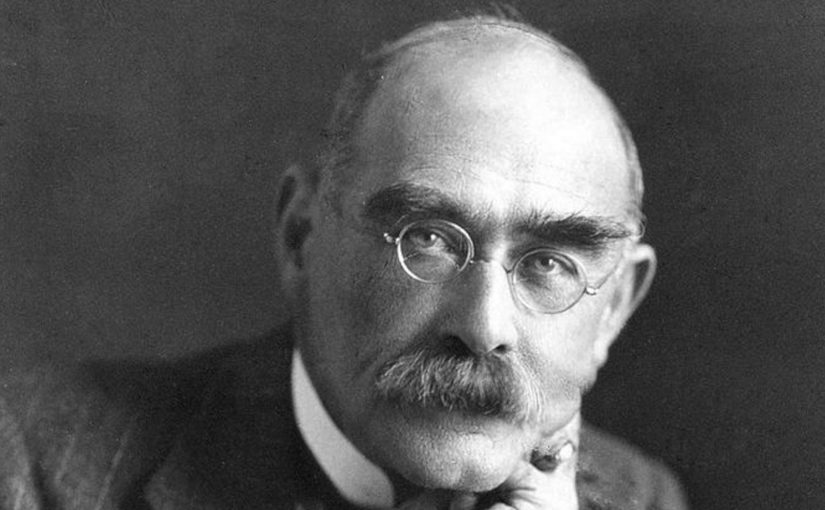
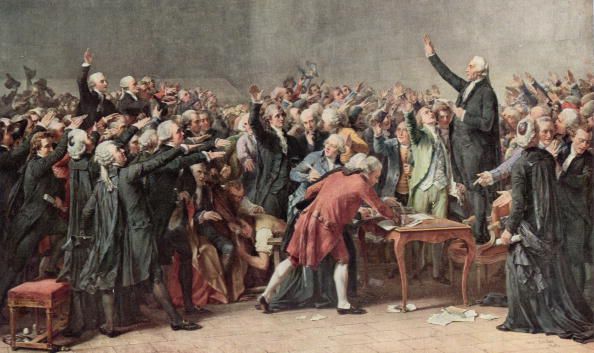

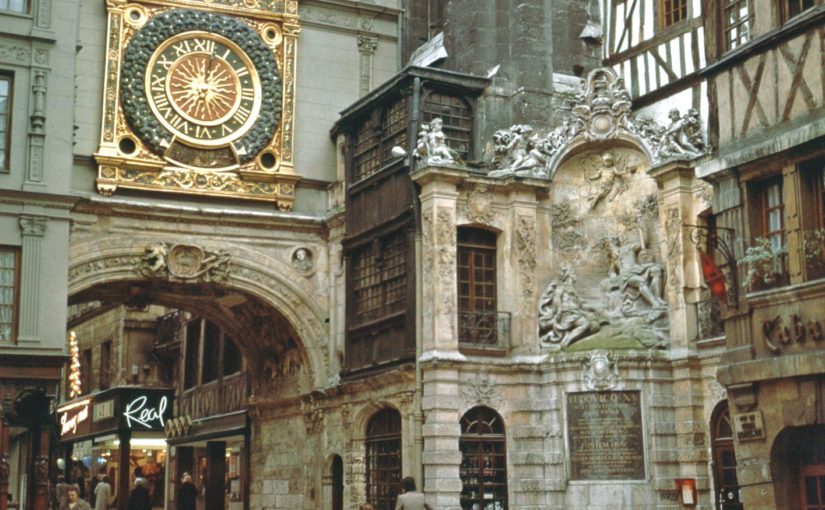

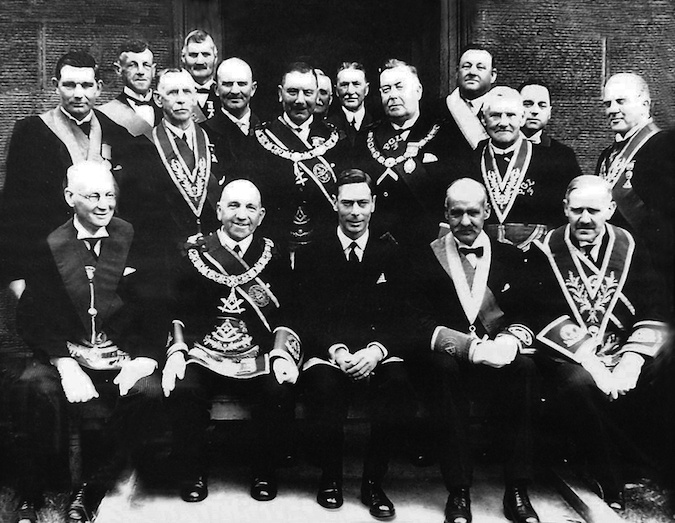
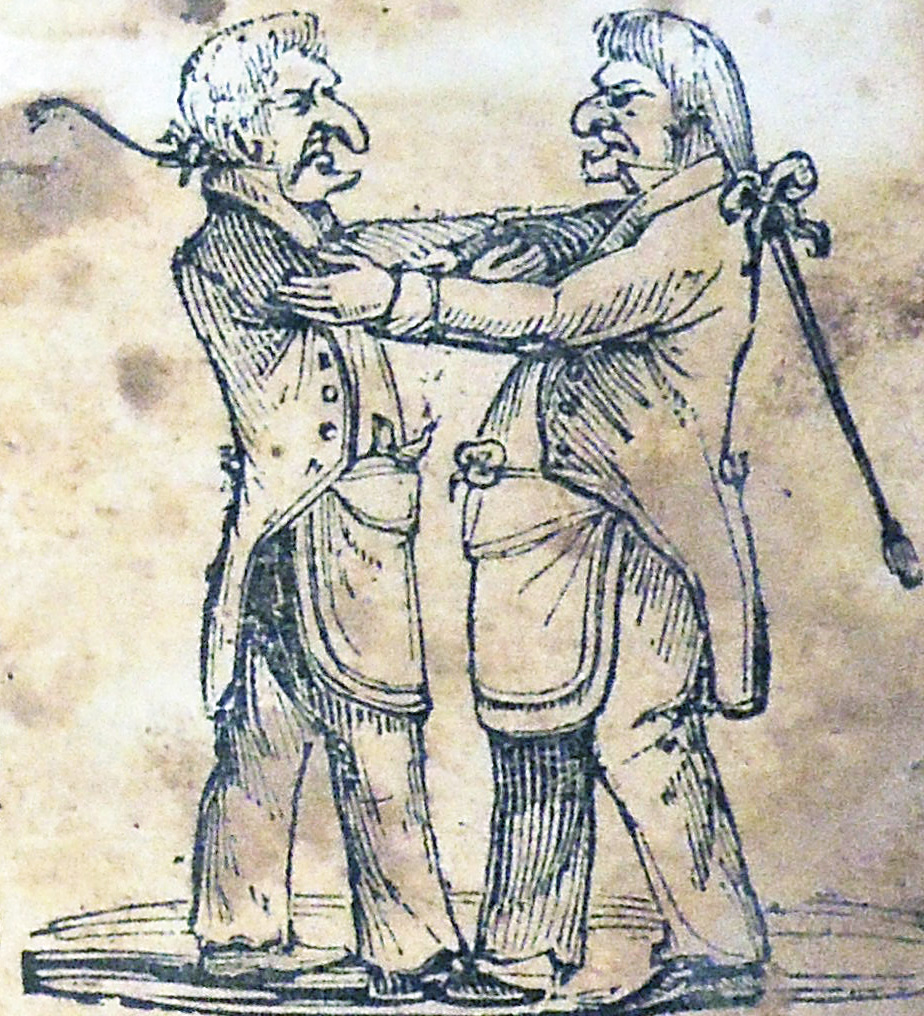
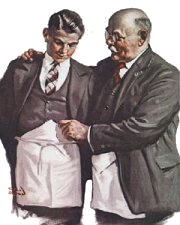
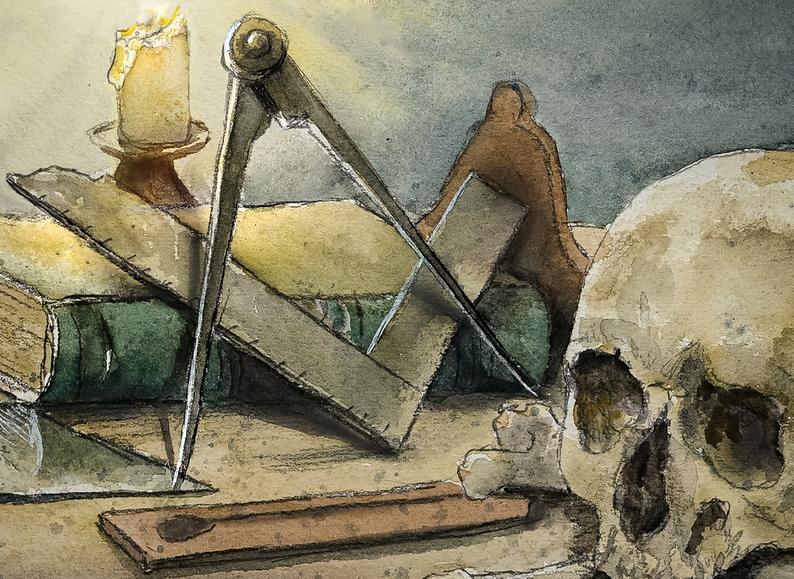
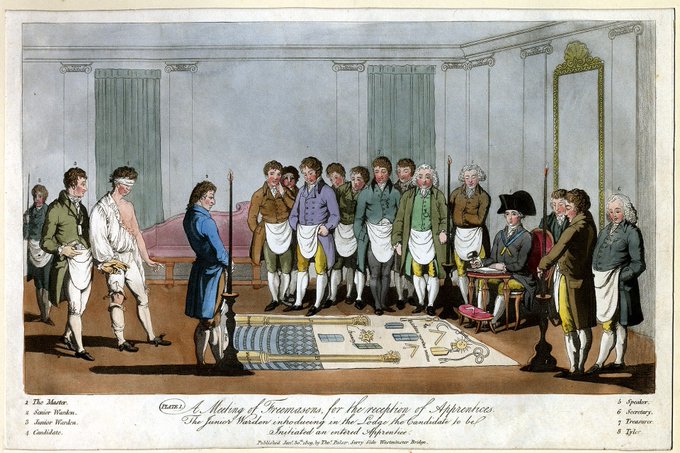
 La solidarieta' massonica comprende: soccorsi ai fratelli infelici e pratica generale della filantropia; contribuzione in Logge all'istruzione e all'accettazione dei Fratelli (scambio delle conoscenze acquisite, conferenze, discussioni civili ed artistiche). Concorso individuale prestato nel mondo profano nei limiti della giustizia e senza pregiudizio dell'indipendenza di ciascuno nell'apprezzamento dei suoi doveri e degli interessi propri. La tolleranza e' accettare ed incoraggiare anche l'espressione di opinioni che non si condividono affatto; procacciare cio' che unisce a preferenza di cio' che divide. Rispettare la liberta' di ogni membro in materia filosofica, politica e religiosa, non criticare affatto gli atti della sua vita privata, fin tanto che questi atti non intacchino l'onore. L'uguaglianza prescrive di dimenticare in Loggia le distinzioni profane e proibisce di prendere partito, in Loggia, fra le opinioni dei suoi membri. (...)La Massoneria si sforza percio' di emancipare gli spiriti e di eliminare ogni distinzione di credenza, di razza, di nazionalita', fortuna, discendenza e posizione sociale. Il raggiungimento della perfezione massonica e' conseguito solo dopo una integrale trasformazione spirituale che comporta l'abbandono della personalita' individuale.
La solidarieta' massonica comprende: soccorsi ai fratelli infelici e pratica generale della filantropia; contribuzione in Logge all'istruzione e all'accettazione dei Fratelli (scambio delle conoscenze acquisite, conferenze, discussioni civili ed artistiche). Concorso individuale prestato nel mondo profano nei limiti della giustizia e senza pregiudizio dell'indipendenza di ciascuno nell'apprezzamento dei suoi doveri e degli interessi propri. La tolleranza e' accettare ed incoraggiare anche l'espressione di opinioni che non si condividono affatto; procacciare cio' che unisce a preferenza di cio' che divide. Rispettare la liberta' di ogni membro in materia filosofica, politica e religiosa, non criticare affatto gli atti della sua vita privata, fin tanto che questi atti non intacchino l'onore. L'uguaglianza prescrive di dimenticare in Loggia le distinzioni profane e proibisce di prendere partito, in Loggia, fra le opinioni dei suoi membri. (...)La Massoneria si sforza percio' di emancipare gli spiriti e di eliminare ogni distinzione di credenza, di razza, di nazionalita', fortuna, discendenza e posizione sociale. Il raggiungimento della perfezione massonica e' conseguito solo dopo una integrale trasformazione spirituale che comporta l'abbandono della personalita' individuale.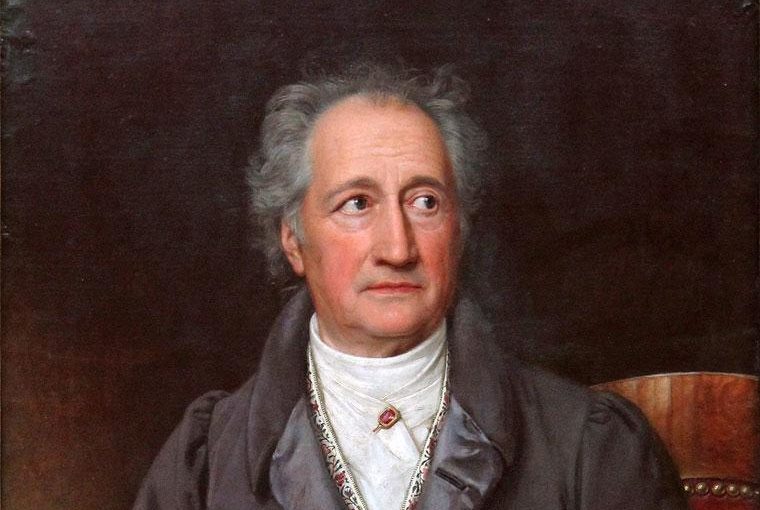
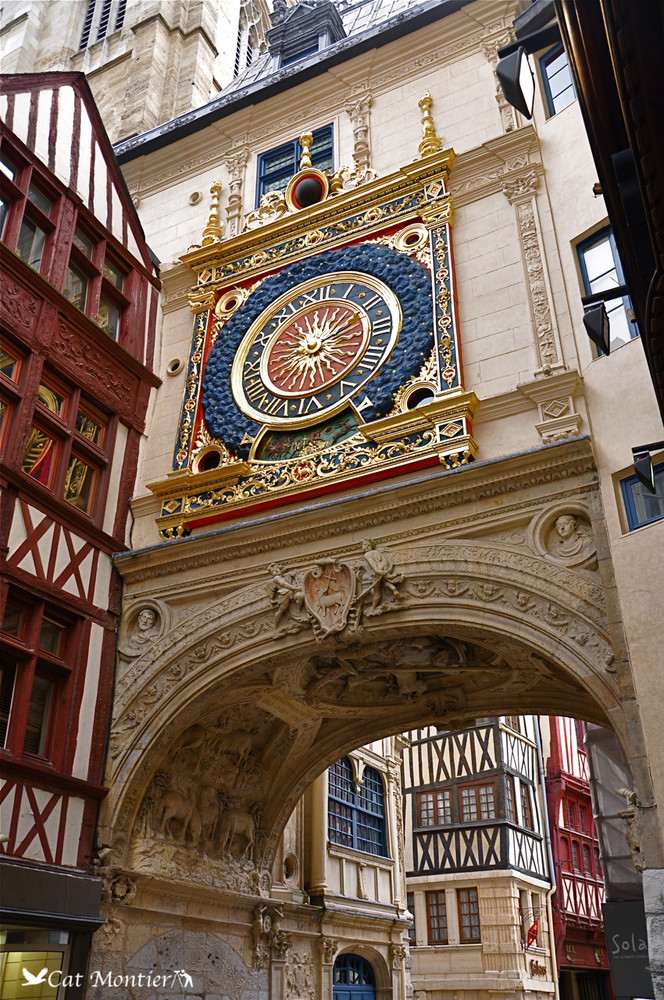
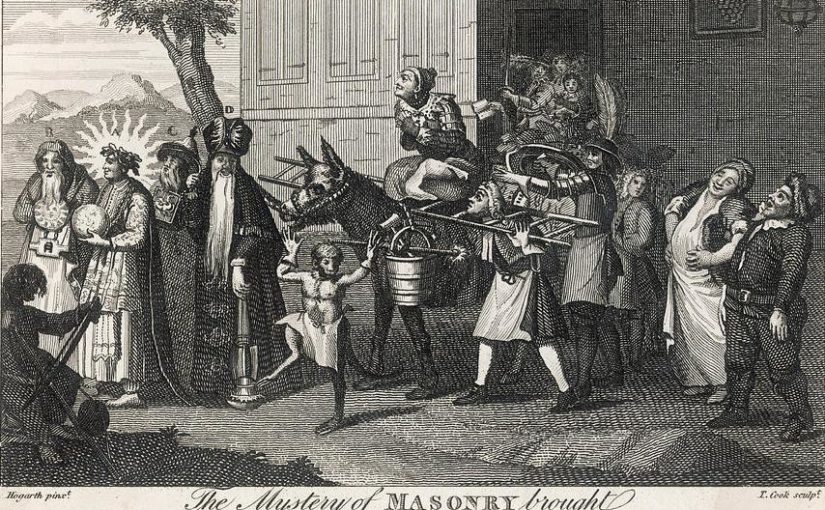
 This point is first among these, because
This point is first among these, because